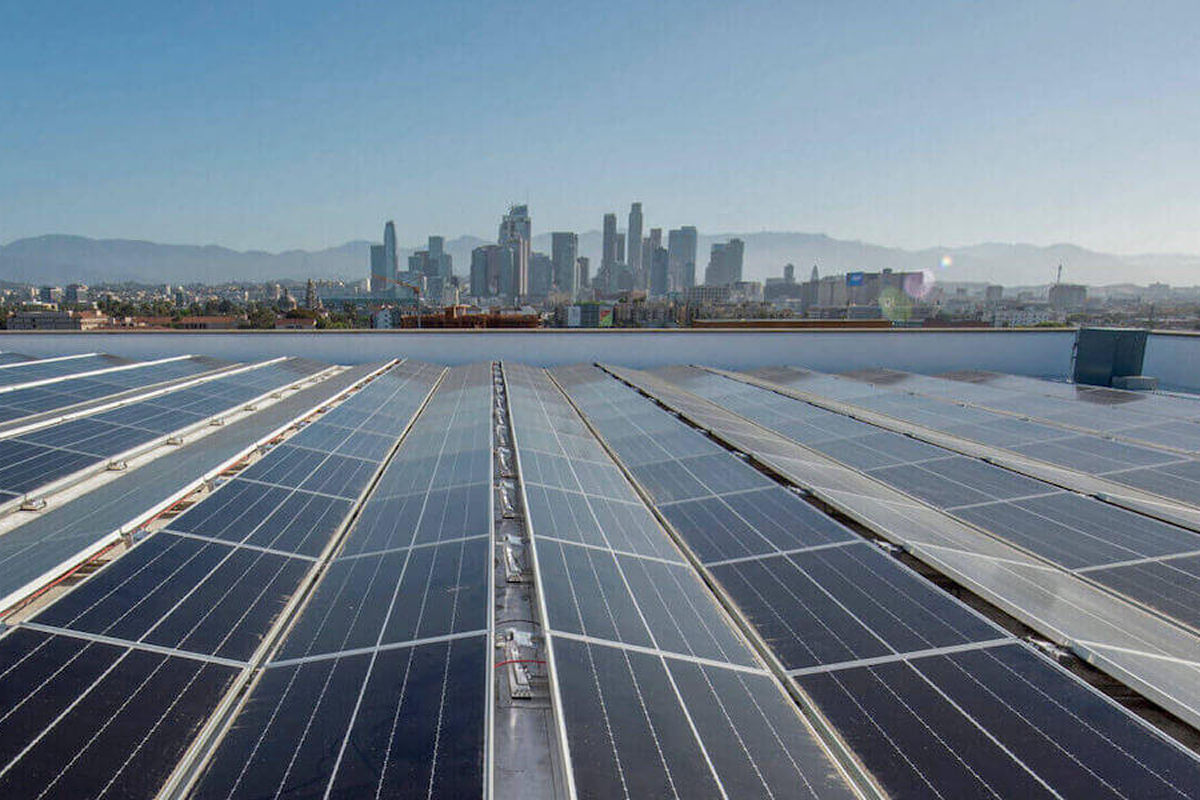With exponential growth in the worldwide demand for energy, industry has faced a critical need to pivot towards a more diverse and broad energy portfolio.
Given the rapid pace of energy innovation, the current challenge is how to foster future leaders with the interdisciplinary knowledge and creativity to manage the sector’s seismic shift towards cutting-edge technologies — leaders who can navigate the intricate balance between new and legacy energy systems.
USC Viterbi School of Engineering is meeting this challenge with a unique cross-disciplinary graduate program to train the innovators who will shepherd the energy sector into an exciting future.
The new MS in Energy Engineering, which commenced in Spring 2025, draws in world-leading expertise in engineering, materials and processes to address the cutting-edge developments in energy production, conversion and storage in the ongoing efforts to deliver focused engineering training to the next generation of energy leaders.
Andrea Hodge, the Fluor Professor in Engineering and chair of the Mork Family Department of Chemical Engineering and Materials Science — home to the new program — said students will benefit from a unique multidisciplinary perspective on energy transition, leaving them in high demand for careers in a growing energy sector in rapid transition.
“Energy engineering is at the forefront of technology. Without energy, the world cannot function,” Hodge said. “Energy affects a wide range of fields, from transportation, to food, to communications. Every aspect of our life demands energy.”
The MS in Energy Engineering is open to students from any undergraduate engineering background. It offers them a common foundational core of subjects covering energy processes and efficiency, materials science and subsurface engineering. From there, students will have the opportunity to study within the following energy engineering themes:
- Energy production, storage and carbon management,
- Data science, AI and machine learning for energy transition,
- Energy process design.
